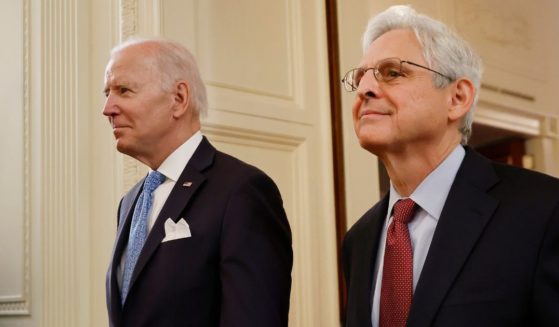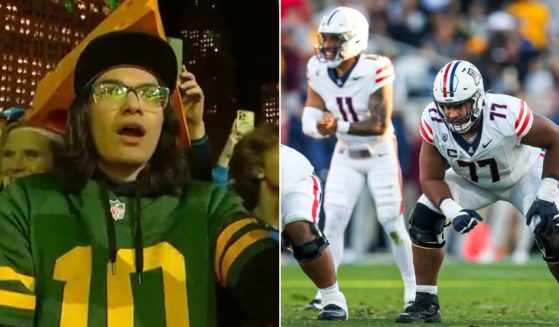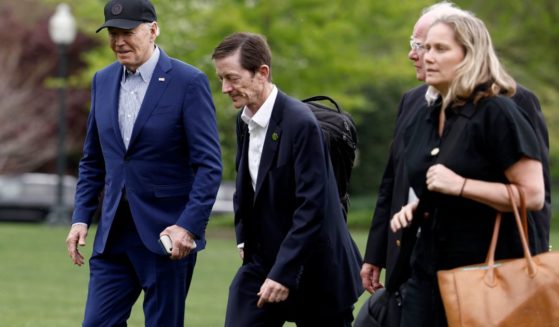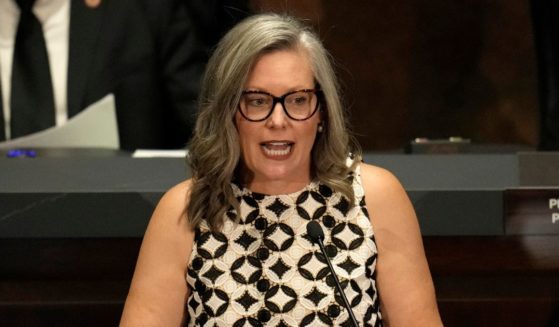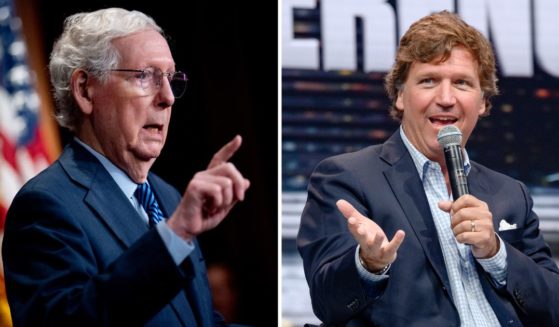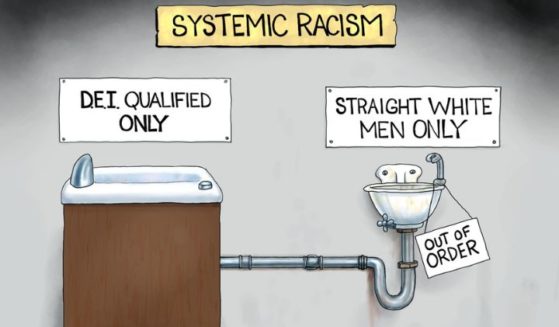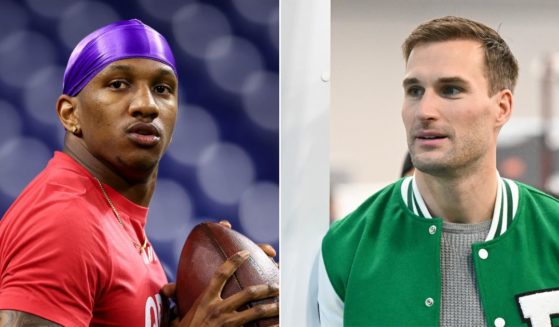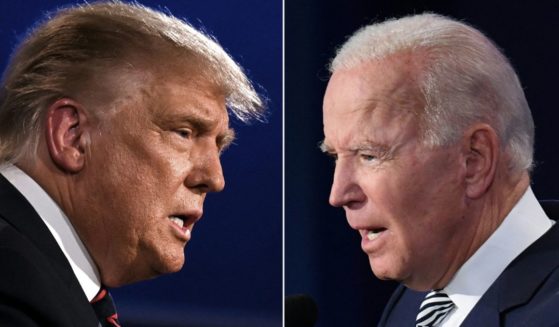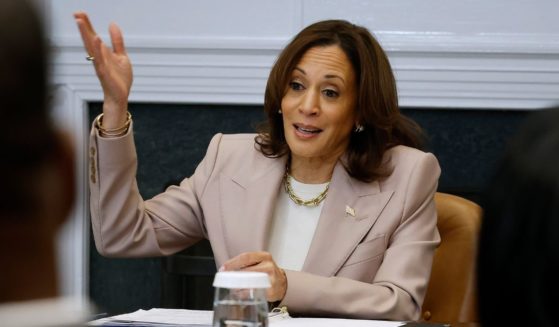Corporate Giant Trying To Get Definition of 'Black' Changed So It's Not as 'Offensive'
Another day, another far-left corporation virtue signaling about petty issues that affect absolutely nobody.
Sigh.
According to CNBC, Procter & Gamble is on a mission to “#RedefineBlack,” launching a campaign in opposition to the dictionary definitions of the word “black.”
Procter and Gamble wants to redefine the word “black.” https://t.co/JCM4GLxTC2 pic.twitter.com/YsQIHPWdYC
— CNBC (@CNBC) June 9, 2019
“Consumers are actively looking for companies to take a role,” Damon Jones, P&G’s vice president of global communications and advocacy, told CNBC last week. “The majority of consumers expect the brands they choose to take a stand on social and environmental issues.”
Really. And a petition P&G posted on the website DoSomething.org makes the company’s stand on the word “black” clear.
“Words like ‘dirty,’ ‘wicked,’ and ‘evil’ are offensive and derogatory words that are still being used in the dictionary to define the word ‘Black’/’black,’” it states. “These words negatively impact the perception of Black beauty and culture.”
Actually, they don’t negatively “impact” anything. Rational people know that words have different definitions and these various definitions can be distinguished in both the written or verbal form.
They also understand how context affects the meaning of any given word. (The stock market crash that kicked off the Great Depression is called “Black Thursday,” but that has nothing to do with anyone’s skin color — and everybody knows it.)
“Words matter,” the petition continues. “By activating young people to advocate for a positive, racially-unbiased definition, let’s #RedefineBlack with #MyBlackIsBeautiful to change the definition of ‘Black’/’black’ in all dictionaries and remove negative definitions or associations.”
In a blog post last week, Dictionary.com succumbed to the pressure and announced that changes in the way it presents its definition of the word will be forthcoming.
“If you look on Dictionary.com today, the adjectival sense of ‘Black’ that refers to people is the third sense on the page,” the blog post states. “Currently this definition sits right above a definition that reads ‘soiled or stained with dirt.’
“While there are no semantic links between these two senses, their proximity on the page can be harmful,” Dictionary.com continues.
“It can lead to unconscious associations between this word of identity and a negative term. These are not associations we want anyone to get from Dictionary.com, and so we will be swapping our second and third senses on the page.”
In addition to swapping the senses out, Dictionary.com will also be capitalizing the word “black” when used in reference to people.
Dictionary.com states that this alteration will be considered a “mark of respect, recognition and pride.”
However, it is not clear if this update will affect other words used in a racial manner, such as “brown” or “white.”
Silly as it might sound, there’s actually a bright side to the story.
All in all, this campaign is a testament to how healthy race relations are in the United States, if P&G considers a trifle like this to be a serious issue it needs to take action against.
Yes, there are racists. Yes, racism does exist.
No, it is not as widespread as the mass media pretends, nor is it institutionalized in the sense that leftists would want the world to believe.
Actor Morgan Freeman, in his classic 2006 interview with Mike Wallace of “60 Minutes,” said it best when he provided his solution to the problem of racism: “Stop talking about it.”
Unfortunately, liberals just won’t follow Freeman’s simple advice.
Truth and Accuracy
We are committed to truth and accuracy in all of our journalism. Read our editorial standards.

